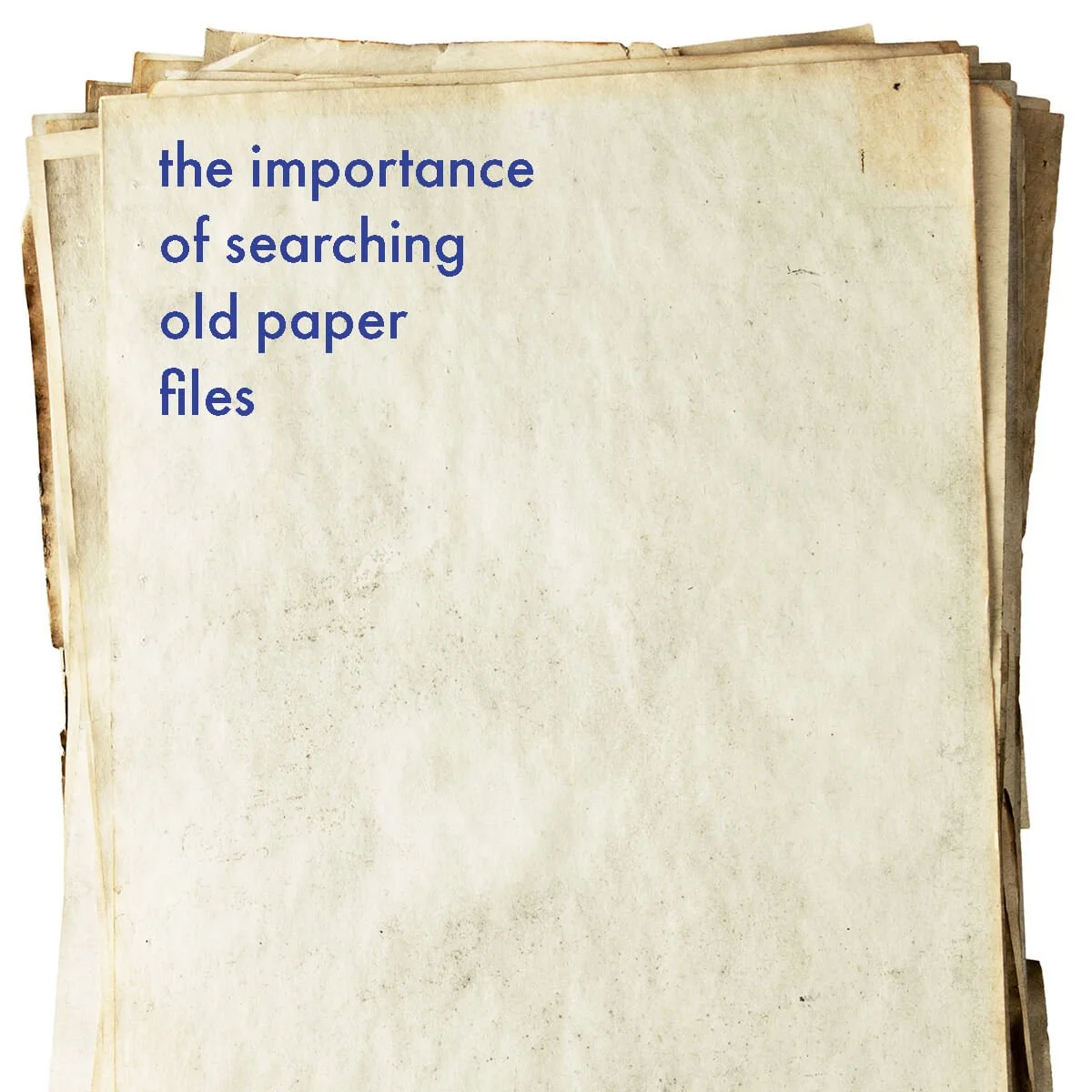Attention trustees and fiduciaries: is it time for a change to the non-profit rule and duty to account?
/A fiduciary, including a trustee, is under a duty not to profit from their office. Where a fiduciary is in default, equity requires them to account to their principal for any profit made.
A recent decision of the UK Supreme Court has considered whether the non-profit rule and the duty to account are due for a change. This is a particularly important issue for professionals, such as lawyers and accountants, who regularly act as trustees and provide other services as fiduciaries.
Read More











